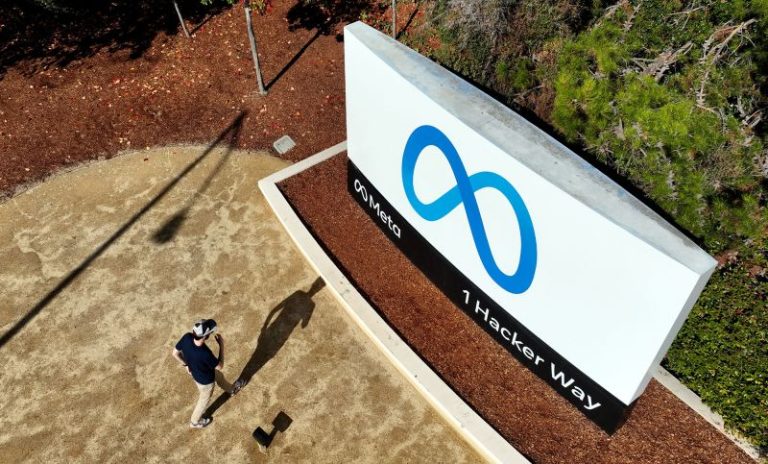Brazil’s government will give Meta until Monday to explain the changes to its fact-checking program, Solicitor General Jorge Messias said on Friday.
The move comes after the social media company scrapped its US fact-checking program and reduced curbs on discussions around topics such as immigration and gender identity.
It is not immediately clear exactly what will happen after the deadline expires.
“I’d like to express the Brazilian government’s enormous concern about the policy adopted by the Meta company, which is like an airport windsock, changing its position all the time according to the winds,” Messias, the government’s top lawyer, told reporters in Brasilia.
“Brazilian society will not be at the mercy of this kind of policy,” Messias added.
On Thursday, Brazilian President Luiz Inacio Lula da Silva said the changes were “extremely serious” and announced he had called a meeting to discuss the topic.
Meta did not immediately respond to a request for comment.
In announcing the move on Tuesday, CEO Mark Zuckerberg cited “too many mistakes and too much censorship.” A spokesperson said on Tuesday that, for now, Meta was planning the changes only for the US market.
Reuters, which was a Meta partner on its US fact-checking program, has declined to comment.

